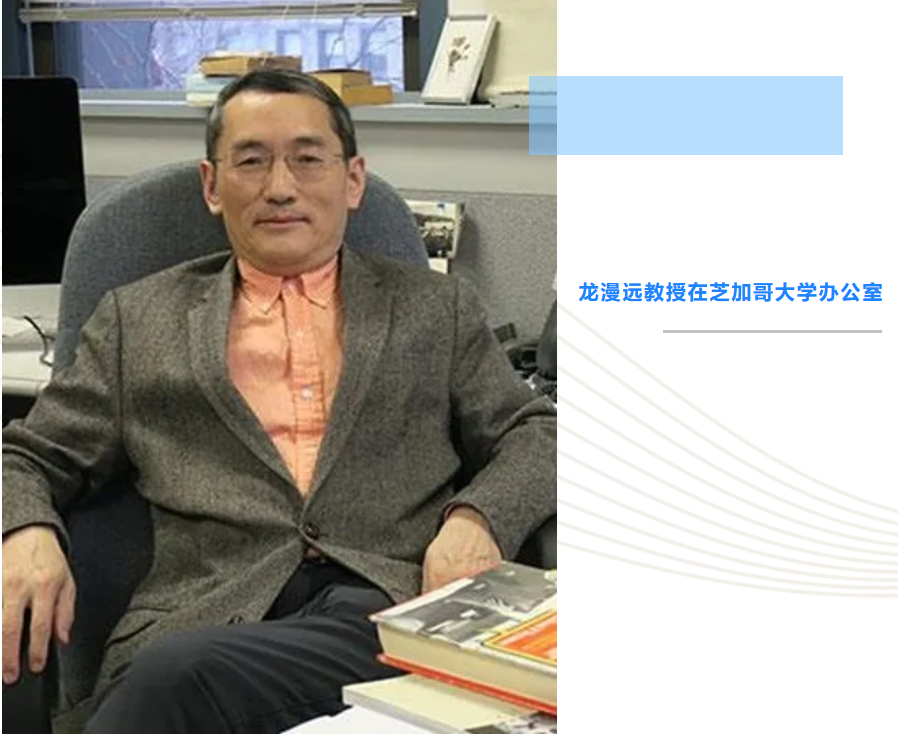Distinguished Chinese Scientist Long Manyuan Receives Guggenheim Award
On April 8th Beijing time, the famous Chinese scientist and Fellow of the American Association for the Advancement of Science, Long Manyuan, was honored with a Guggenheim Award. The Guggenheim Award is presented by the Simon Guggenheim Memorial Foundation to individuals who have "demonstrated remarkable capacity for productive academic creativity or exceptional artistic creativity."
The Simon Guggenheim Memorial Foundation, established in 1925 by Simon and his wife, annually provides financial support to outstanding scholars and artists worldwide to continue their development and exploration across natural, humanities, social sciences, and creative arts fields. There are no restrictions based on age, nationality, color, race, or creed. Since its establishment nearly a hundred years ago, the Guggenheim Memorial Foundation has provided nearly $400 million in research grants to over 18,000 individuals, including more than 125 Nobel Prize winners, members of national science academies, Pulitzer Prize winners, Fields Medalists, Turing Award winners, Bancroft Prize winners, National Book Award winners, and other highly acclaimed honors.
This year's Guggenheim Award in biology was granted to three recipients, including Professor Edna K. Papazian Distinguished Service Professor Long Manyuan from the University of Chicago, Professor Anne Stone from the School of Human Evolution and Social Change at Arizona State University, and Professor John Wallingford from the University of Texas at Austin.

Long Manyuan in his office at the University of Chicago
Professor Long Manyuan is a renowned Chinese evolutionary biologist and a Fellow of the American Association for the Advancement of Science. He is dedicated to the study of the origin and evolution of new genes in species. His work primarily combines theory, computation, and molecular biology experiments to investigate the functions of new genes, the evolution of essential genes during development, gene interactions of new genes, sexual selection and conflict of new genes, and the de novo origin of new genes. As the Edna K. Papazian Distinguished Service Professor, Long has been teaching and conducting research at the University of Chicago since 1997, training and mentoring numerous young scientists, many of whom have become professors and independent scientists in universities and research institutes worldwide.
Professor Long's academic achievements are remarkable. Since the 1980s, he has successively discovered the formation mechanisms and significant functions of new genes in humans, model organisms, and many important species, breaking traditional evolutionary developmental theories and expanding our understanding of gene evolution. He named the first new gene he discovered after "Jingwei" from the classic Chinese text "Shan Hai Jing," bringing Chinese mythology to the pages of Science magazine in the 1990s. As one of the world's leading evolutionary biologists, Professor Long pioneered the field of "origin and evolution of new genes" and has been leading research in this area for over 20 years. Currently, the field of new gene evolution is thriving both domestically and internationally, with dozens of research centers dedicated to it.
By Chen Jianhai
References: https://news.uchicago.edu/story/two-university-chicago-scientists-named-2022-guggenheim-fellows;https://www.gf.org/announcements/

